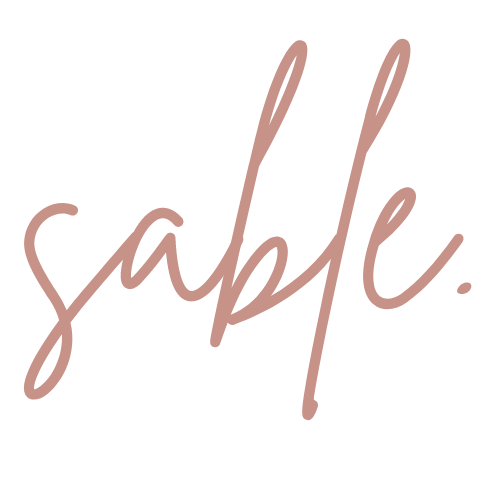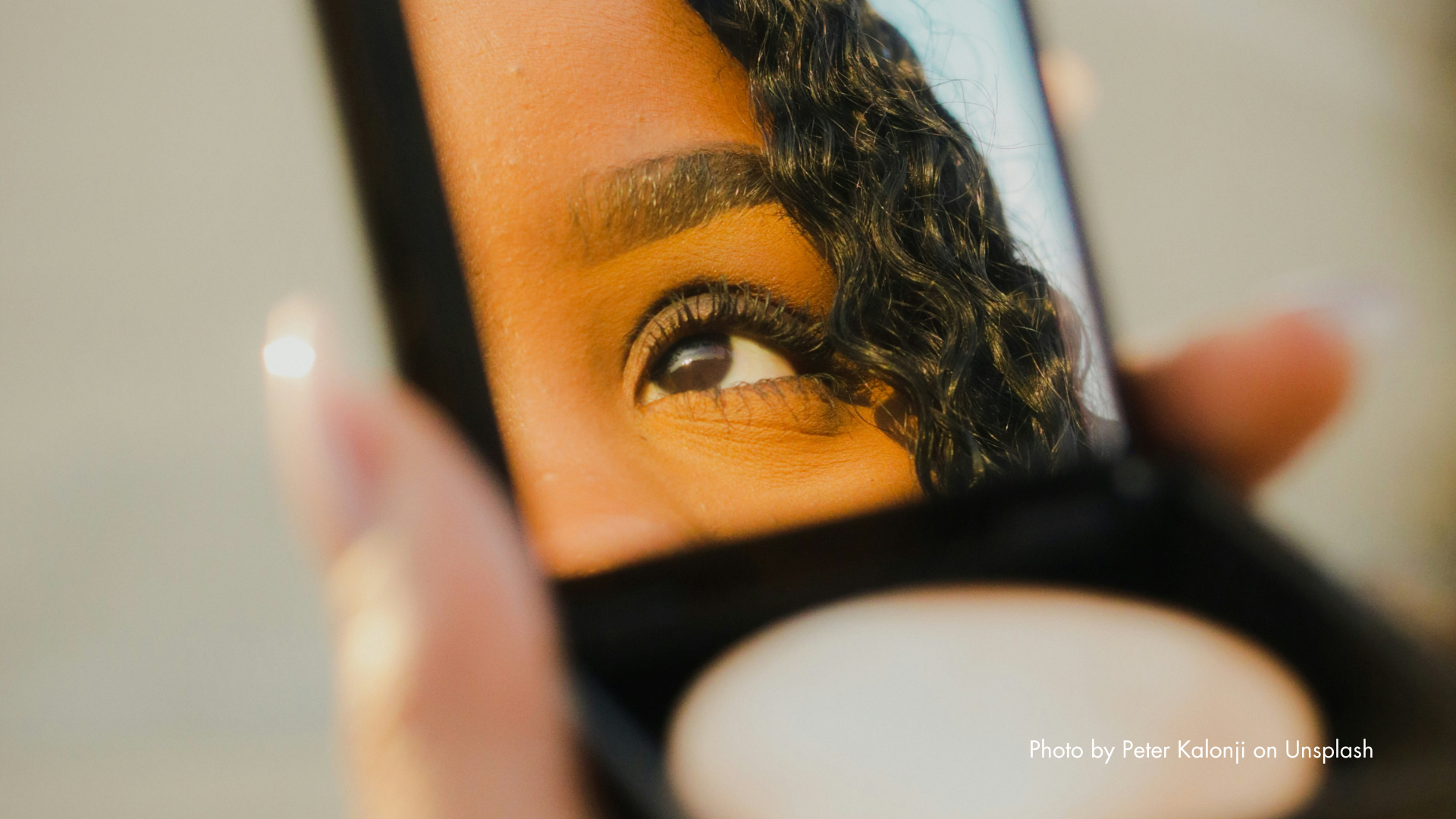Fashion Retail Trends, Closures, and Met Gala Madness
I’m not digging this trend of stores closing up shop. Last week, as the news from Business of Fashion about Express filing for bankruptcy and planning to “close approximately 95 stores and all of its UpWest stores” hit, I walked across the street on my lunch break to The Bellevue Collection’s Express location to see how the retailer was doing.
Aside from two employees working on the floor, I was the only shopper there. Sure, the store was clean, the racks were full, and the “50% Off Storewide” sign was visible in the window display, but that didn’t seem to attract anyone through the doors.
In my mid-20s, Express was my go-to retailer for going out looks, pieces to wear to the office, and the occasional new leather jacket. But walking through the store that day had me questioning, “Who are these clothes for? Who’s the target audience?” While the clothes were nice, they were also generic.
Other brands closing stores include Esprit and Matches Fashion. Esprit, which Business of Fashion reports is also “laying off staff in its US division as a global rebranding campaign appears to have faltered”. E-retailer Matches Fashion, which “stocked more than 600 labels, from luxury giants… to mid-sized designers”, according to Vogue Business, collapsed significantly affecting a large “number of employees, brands and manufacturers”. The brand currently owes over $40 million to multiple luxury brands, including Gucci and Burberry.
Some of these brick-and-mortar shops closing could perpetuate feelings about the need for malls in general. However, in the last seven days, I’ve shopped at The Bellevue Collection, University Village, and Westfield Southcenter Mall and all three malls had a steady flow of foot traffic.
Shopping centers are highly convenient, especially for people like me who are weary of purchasing without trying things on first. They offer opportunities to explore new styles, entertainment, and community. Of course, I’m not oblivious to shopping centers that are struggling or have become dead zones, but in the right location and with the right retailers that offer unique experiences to target audiences, I believe malls will only continue to thrive.
Welcome to Weekly Staples! A brief overview of my favorite fashion industry articles from the week related to marketing, retail trends, and events.
Why does the Met Gala theme make the internet so crazy? via Vogue Business
I’m so excited for The First Monday in May tomorrow. It’s crazy to think that we’re already five months into 2024 and mentally preparing to watch our favorite celebs hit the red carpet with looks aligning with “The Garden of Time” theme. However, it’s looking like there will be a lack of influencers on the guest list this year, according to Glossy.
Plus, there’s the TikTok of it all. The social platform was named the lead sponsor in February before the Divest-or-Ban Bill was passed. Business of Fashion reports, “It’s an awkward position for the high-profile event, and while guests and onlookers will surely brush off the worries about TikTok, its organisers, including Anna Wintour…don’t have that luxury”. It will be interesting to see if discussions about the platform’s future are incorporated into the red carpet interviews.
I was in New York while last year’s Met Gala happened. I planned on claiming some space right in front of the museum to catch a few celebs in real-time, but after seeing the massive crowd that started forming at 11:00 am that morning, I decided against it. I ended up ordering a pizza and watching the red carpet show from the comfort of my hotel room. That reminds me, I need to re-subscribe to YouTube TV to watch it.
Sephora is expanding its take-back and refillables programs via Glossy
Sephora is taking its sustainability practices to the next level. Customer interest in the program at the Chicago, Seattle, and Brooklyn stores is up. The beauty retailer wants to continue that trajectory with visible recycling bins, in-store signage, and program details displayed on their digital platforms.
Fashion’s Stalled Self-Checkout Revolution via Business of Fashion
Fashion retailers are hesitant to hop on the self-checkout train. Customers normally associate self-checkout with glitchy tech at grocery and discount stores, but brands like Zara and Uniqlo have made attempts with “sleek stations that allow shoppers to place items in a bin to be priced using radio frequency identification, sidestepping the dreaded barcode scanner”.
Check out more interesting stories from the week:
Why the Public Is So Fascinated With Publicists via Business of Fashion
Beauty & Wellness Briefing: The changing in-flight amenities opportunity via Glossy
Urban Outfitters is expanding its vintage fashion business via Glossy
Conscious Content
Last October, while in NYC for Vogue’s Forces of Fashion event, I mistakenly put in the wrong address for a Lululemon pop-up and my Lyft ended up dropping me off on the corner of Canal Street and Broadway. I stepped out onto a sidewalk filled with counterfeit luxury handbags. I didn’t linger too long, but I was sad to see people profiting from the namesakes of legacy fashion brands. I learned more about how these fake bags are produced while watching IMPACT x Nightline: Super-Fakes: The Shadow World of Counterfeit Purses on Hulu.
Youthforia, a company backed by a $400,000 investment from Mark Cuban on Shark Tank, “responded” to customer complaints of the lack of darker foundation shades with “blackface” paint, reported by Good Morning America. The beauty girlies are not happy.
Jill Manoff, host of The Glossy Podcast, interviewed Lily Pulitzer CEO, Michelle Kelly, about the brand’s current retail strategy focused on stores in coastal towns. While I’ve never shopped with the brand, I was interested to learn its history. Thankfully, my YouTube algorithm had me covered with A Closer Look: The Life of Lily Pulitzer by Cultured Elegance with Faith.
Retail Rundown
Nordstrom launched a digital marketplace featuring brands like Dippin’ Daisy’s, Maison de Sabre, and Tracksmith. The marketplace will allow brands to use Nordstrom as a middleman to reach a larger audience while maintaining control of their inventory. The Seattle-based retailer will only take a commission from each sale through the platform. (WWD)
REI reported “more than $311 million in operating losses for 2023 - up from $164 million in 2022”. In the last few months, the outdoor retailer has conducted three rounds of layoffs while simultaneously opening new stores, including a 39,000 SF store in Beaverton, Oregon, and planning a new location in College Station, Texas. (Puget Sound Business Journal and The Registry)
The Scene
Friday, May 10th: Fashion District NW & SIFF present Fashion Film Screening of High & Low - John Galliano at AMC Theater at Pacific Place Seattle
Saturday, Mary 11th: “Behind the Seams: Fashioning Gender” at Museum of History and Industry (MOHAI)
Saturday, May 11th: Africa Fashion Week Seattle at Vasa Park Resort
Saturday, May 18th: Nordstrom Beauty Trend Show at Nordstrom Downtown Seattle
















